Keywords: Aboriginal Australians
There are more than 24 results, only the first 24 are displayed here.
Become a subscriber for more search results.
-

ARTS AND CULTURE
Hamish McDonald’s Melanesia shatters Australia’s complacent view of the South Pacific as static and remote. With journalistic precision and historical urgency, he reveals a region marked by corruption, resilience, and political upheaval—forces poised to reshape Australia’s future, whether it’s prepared or not.
READ MORE 
-

ARTS AND CULTURE
- Andrew Hamilton
- 02 May 2025
In an era of reflex opinion and vanishing accountability, moral seriousness can seem an anachronism. Yet history teaches that ideas — and the people who defend them — shape lives and nations.
READ MORE 
-
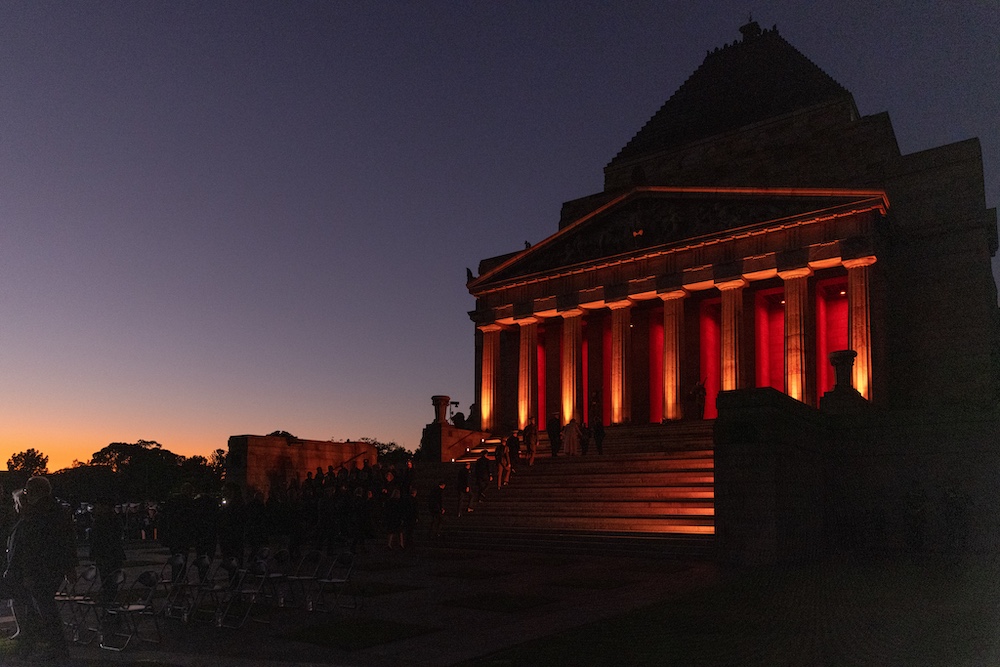
AUSTRALIA
- Brian McCoy
- 24 April 2025
As we witness those wars that continue to rage, we might wonder, this Anzac Day, what were the effects on our First Nations people when their lands were first taken? We can now see only too clearly that it is difficult, if not impossible in the longer term, to defend one’s land when the invader has more powerful resources and shows no intention of negotiating peace.
READ MORE
-
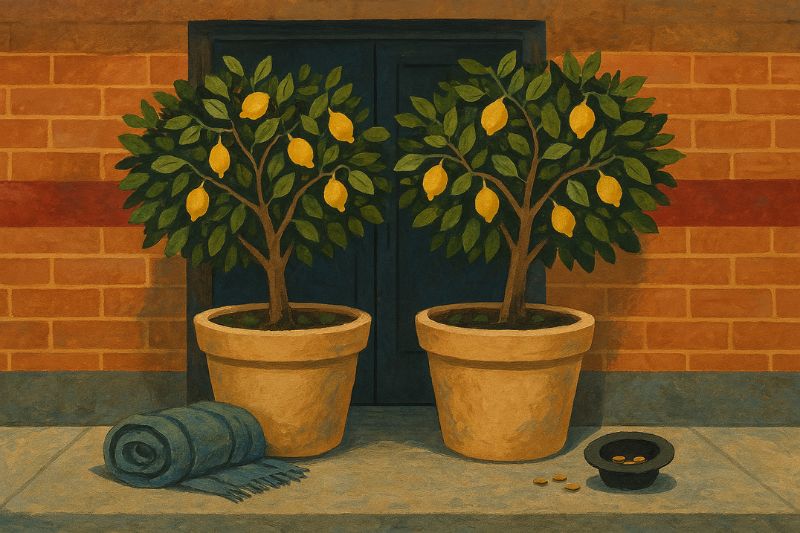
AUSTRALIA
- Barry Gittins
- 10 April 2025
In cities that pride themselves on liveability, a quiet war is being waged against the homeless with urban design and tough bylaws. What appears as civic order is, in truth, a hardening of public conscience, where compassion gives way to concealment, and suffering is swept from view.
READ MORE
-

AUSTRALIA
- Sandy Toussaint
- 13 February 2025
In Broome, the work of the Royal Commission into Aboriginal Deaths in Custody uncovers not only personal grief but also the enduring systemic failures that continue to claim Indigenous lives. As the commission’s findings remain largely unimplemented, the question remains: why has Australia failed to meaningfully address the injustice of these deaths?
READ MORE
-
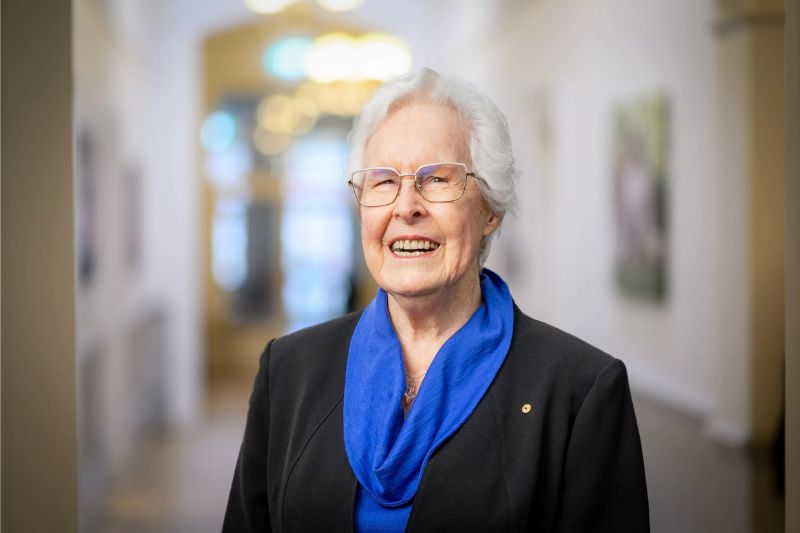
AUSTRALIA
- Gillian Bouras
- 28 January 2025
Sister Margaret Noone, a Loreto nun who died this year at 91, shaped paediatric palliative care in Australia. She founded Very Special Kids, providing support for families of children facing life-threatening illnesses. Her compassionate commitment stands in stark contrast to today’s loud stage of power.
READ MORE
-

AUSTRALIA
- Stephen Alomes
- 25 January 2025
With debates around Australia Day continuing to divide, might shifting the national celebration to another day, rooted in resilience and renewal, offer a fresh start? By embracing a new unifying symbol, Australia could move beyond the pain of the past toward a national day that reflects unity, hope, and shared values.
READ MORE
-

AUSTRALIA
- Barry Gittins
- 30 October 2024
5 Comments
In 1968, Peter Norman won Olympic silver, but his lasting legacy was a stance for justice on the podium alongside Tommie Smith and John Carlos, where he wore an Olympic Project for Human Rights badge in solidarity. Yet his quiet protest led to lifelong exclusion at home, recognition arriving only posthumously.
READ MORE
-
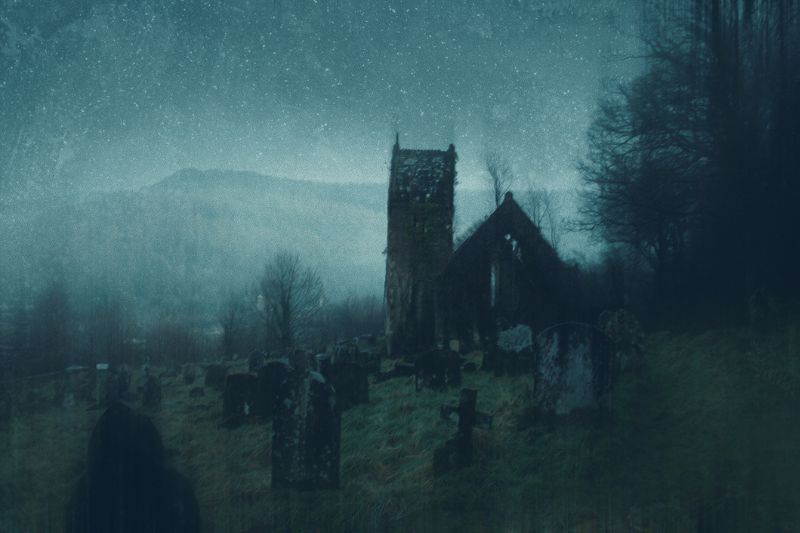
AUSTRALIA
- Danielle Terceiro
- 30 October 2024
6 Comments
As Halloween starts to become a staple in Australian neighbourhoods, for most people its ghosts mean little more than costumes and candy. But from haunted churches to eerie local legends, Halloween says something about us and the way we carry snatches of unresolved history.
READ MORE
-
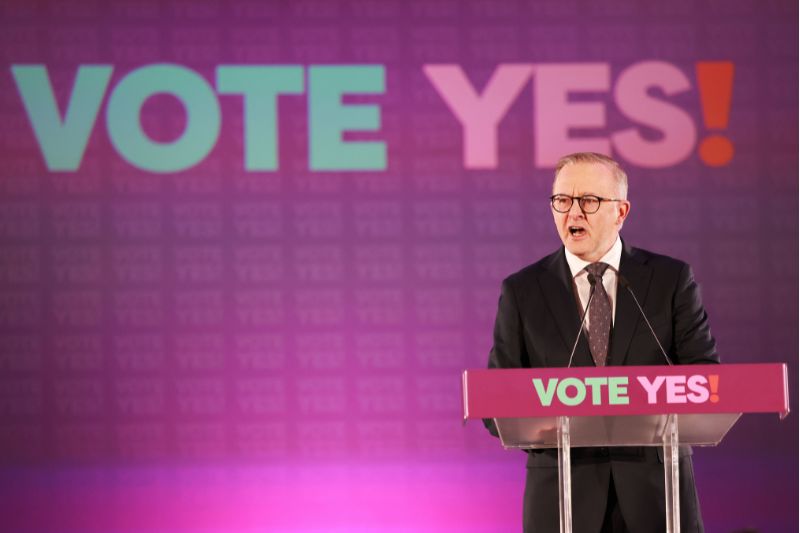
AUSTRALIA
- Michelle Grattan
- 04 October 2024
5 Comments
Almost a year after the Voice proposal was defeated, blame and recrimination are still being thrown around, and the government is still reeling from Albanese’s overreach.
READ MORE
-
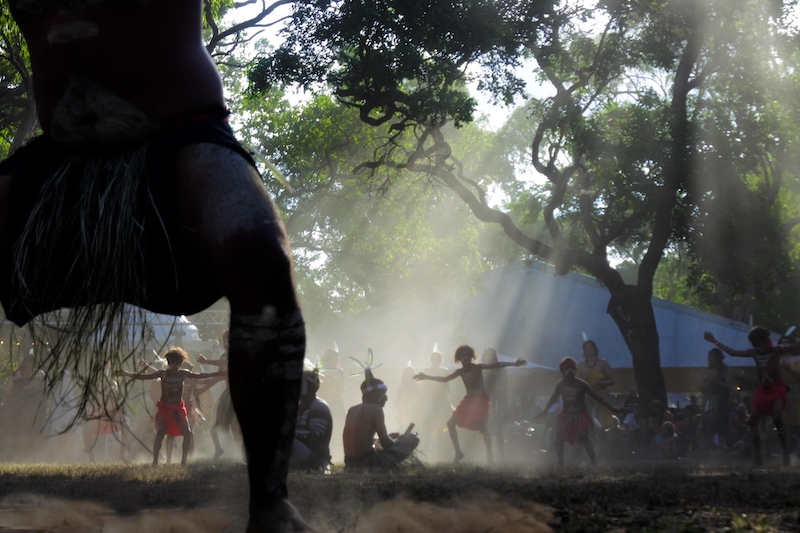
AUSTRALIA
- Bruce Pennay
- 25 September 2024
1 Comment
From 2027, NSW students will undertake a mandatory study of First Nations Peoples’ experiences of colonisation. This is welcome in the wake of the failed national referendum and the increasing insistence on reconciliation at the local level.
READ MORE
-
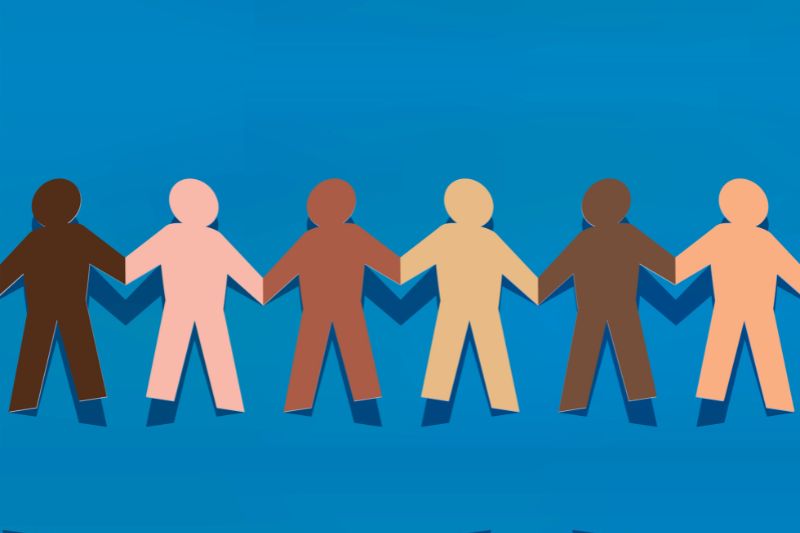
AUSTRALIA
- Joseph Camilleri
- 28 August 2024
3 Comments
As Australia faces numerous moral crises from domestic inequality to global militarization, a proposed national charter of principles could to reshape our society and redefine our global role. This declaration would acknowledge Indigenous dispossession, prioritize human rights, and shift focus from military alliances to human security.
READ MORE